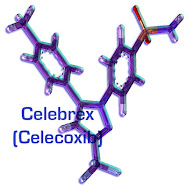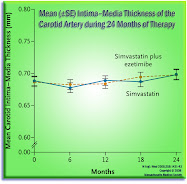As an amplifying follow-up here, then -- I will note that Merck is helping drive exactly that discussion, with the so-called Blueprint PD-L1 Assay Comparison Project -- the results of which were shared at AACR last month. The idea is to calibrate diagnostic tests across both (i) the manufacturers of the tests, and (ii) the novel biological agents themselves, to confidently predict where a given therapy will do the most good. Because of the highly-daunting price point on these new therapies, that is a particularly important triage step. Here's a bit, from a Benzinga reprinted press release -- but do go read it all:
. . . .[Merck] is proud to be a part of the Blueprint PD-L1 Assay Comparison Project, an important initiative to compare several new diagnostic tests for the immune biomarker PD-L1 in non-small cell lung cancer (NSCLC). Merck believes strongly in the importance of PD-L1 testing in NSCLC, and is committed to supporting the Blueprint Project and overall efforts to use diagnostics to help physicians identify the best treatment approach for their patients with some cancers.
In oncology, testing is now common for numerous cancer biomarkers to enable physicians to better tailor treatment decisions for each patient. The data from a range of studies, including Merck's studies of KEYTRUDA® (pembrolizumab), demonstrate that PD-L1 testing can be a useful tool to help identify patients more likely to respond to treatment with an anti-PD-1/PD-L1 therapy in certain cancers, including NSCLC. . . .
Results from the Blueprint Project, a first-of-its kind collaboration, were presented at the American Association for Cancer Research 2016 Annual Meeting.
In March 2015, the AACR in partnership with the U.S. Food and Drug Administration and the American Society of Clinical Oncology held a one-day workshop to examine whether multiple companion diagnostics intended for the same class of therapeutics could be harmonized. During the workshop, a group of four pharmaceutical companies and two diagnostic companies released a blueprint proposal to analytically compare and characterize each of their IHC-based PD-1/PD-L1 companion diagnostics for non-small cell lung cancer in the pre-approval stage. The thought was that, upon approval of these tests, the information generated by this project could lay the groundwork for additional studies that will help inform patients, physicians, pathologists, and others on how best to use the test results to determine treatment decisions. . . .
Now you know. Onward, with a crinkle-eyed grin. . . . simply lovely here, this morning!


















No comments:
Post a Comment